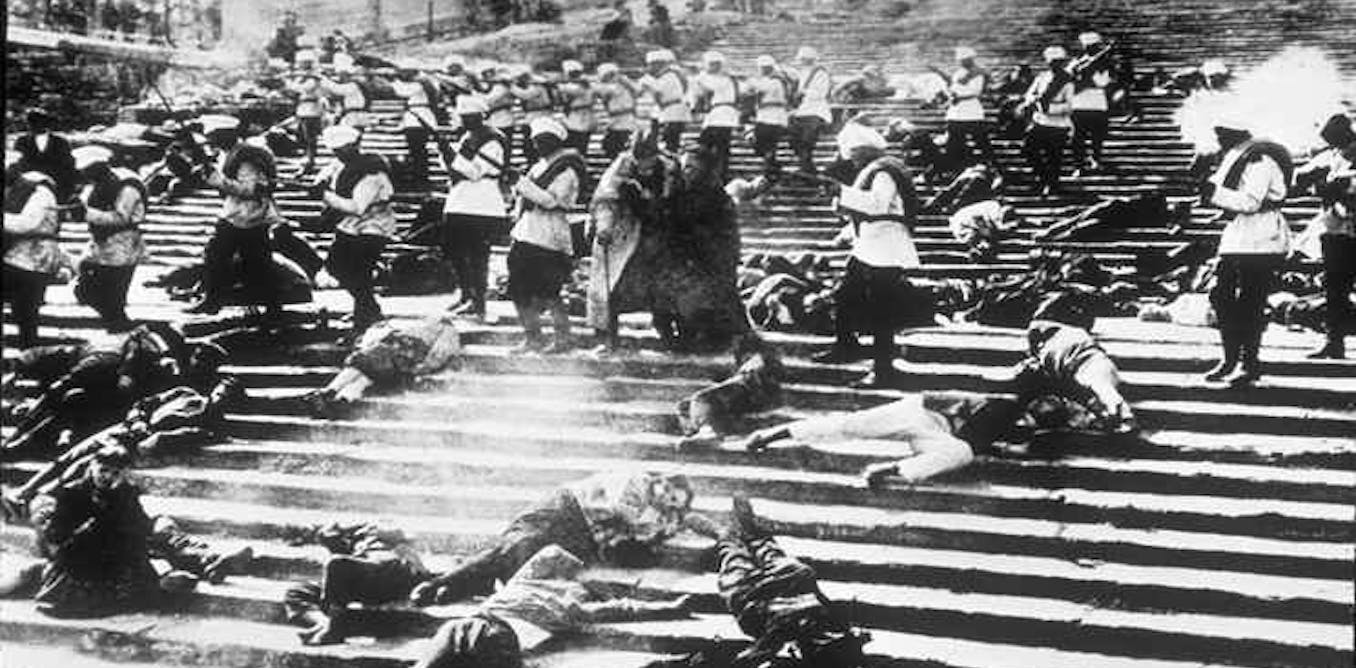Why Russia Is Running a NATO Country’s Nuclear Plant: A Shift in Energy Dynamics
In a significant turn of events, Russia is not only financing but also constructing and managing Turkey’s inaugural nuclear power facility, the Akkuyu Nuclear Power Plant. This ambitious $25 billion project marks a pivotal moment for Turkey as it seeks energy independence and economic growth. Described in the latest episode of WSJ’s "Breaking Ground," this development has sparked discussions on its implications for NATO amidst escalating tensions with Moscow.
Turkey’s New Nuclear Plant
The Akkuyu Nuclear Power Plant, Turkey’s first venture into nuclear energy, is a flagship project aimed at bolstering the country’s energy security. As Turkey grapples with increasing energy demands and a quest to reduce its dependence on foreign fossil fuels, nuclear energy emerges as a viable solution. This initiative represents a transformative step towards meeting Turkey’s long-term energy goals while also positioning itself as a regional leader in energy production.
Why Turkey Wants Nuclear Energy
Turkey’s pursuit of nuclear energy stems from a pressing need to ensure a stable and secure energy supply. With fluctuating global energy markets and a history of reliance on imports, Turkey aims to harness its resources and infrastructure to achieve self-sufficiency. The advent of nuclear energy promises not just reliability but also potential economic growth, creating jobs and stimulating local industries. As Turkey invests in this megaproject, it underscores the importance of diversifying its energy portfolio to enhance economic resilience.
What It Means for NATO
However, this collaboration with Russia raises alarms within NATO. As tensions between NATO member states and Moscow escalate, the implications of a Russian-operated nuclear facility in Turkey cannot be overlooked. Analysts are concerned that the Akkuyu plant could serve as a geopolitical leverage point for Russia, complicating Turkey’s role within the alliance. The facility’s proximity to NATO air and naval bases adds an additional layer of complexity, prompting discussions about the security ramifications for the region.
Why Turkey Partnered with Russia
Turkey’s decision to partner with Russia for the Akkuyu project is rooted in a combination of economic pragmatism and strategic interests. Russia has positioned itself as a key player in nuclear technology, and its willingness to invest heavily in Turkey’s energy infrastructure aligns with Ankara’s objectives for rapid development. This alliance is not merely transactional; it reflects a broader geopolitical landscape where Turkey seeks to balance its relations with both Western allies and neighboring powers. By engaging with Russia on this project, Turkey demonstrates its intent to carve a unique path in the multifaceted dynamics of international relations.
What’s Next?
As the Akkuyu Nuclear Power Plant moves closer to completion, the future implications for Turkey, Russia, and NATO will continue to unfold. Stakeholders will closely watch how this partnership evolves, particularly in light of ongoing tensions and the shifting balance of power in the region. The project serves as a barometer for Turkey’s aspiration for energy independence and its complex relationship with NATO.
In conclusion, "Breaking Ground" sheds light on how the Akkuyu Nuclear Power Plant not only symbolizes Turkey’s energy ambitions but also highlights the intricate web of geopolitical relationships that define this era. As the region watches closely, the choices made today will reverberate through the decades, shaping the future of energy, security, and international diplomacy.
Watch the video by The Wall Street Journal
Video “Why Russia Is Running a NATO Country’s Nuclear Plant | WSJ Breaking Ground” was uploaded on 08/12/2025 to Youtube Channel The Wall Street Journal







































people, this is how politics works, while we "fight" for them, all this rich people are just gathering around doing business… there is no west vs east, its all business
Solar panels are collected in many cities , they claim not good view, my cousin is farmer in hot summer he said almost 2k$ per month his electric bill to waterplants, and solar panel is forbidden in farming lands even they are deserted. We mostly rely on putins f*rt to make some politicians rich. 😡 but I believe putin wouldn't put Chernobyl because some of the smallgarcs occupied antalia ( a touristic city) after sanctions. By the way in schools they teach us how Russia wants to reach Mediterra by Turkey😂.
Has WSJ talked about US's reluctant to sanction Russian nuclear technology? No they'll never talked about that. Because US and some its staunch allies are the prominent customers of Russian nuclear tech. Also Russia is the 3rd closest ally of US's master Israel. For your info. China is the 2nd closest ally of Israel. In fact Israel sold some taxpayers funded US tech to China.
Zlensky minions in the video
TRUMP Help 🇧🇷
Sanções tv GLOBO manipuladora
It's a good thing they didn't build it in an earthquake prone area. I'm sure everything will be fine.
No way around, India needs to accept the reality that it can not support Putin. Stop this childish reporting.
Well NATO Turkey will probably become a liability for NATO. Maybe Turkey will be able to take full control. it's not a good deal for NATO, yes it's a good deal for Russia.
Because it's all a tv show. The news is about as real as Game of Thrones.
What a GIGANTIC mistake taking Turkey in NATO
Until more than year of Ukraine war US was buying the Russian nuclear fuel and it's the same reason why Russia works with Turkey because it wants to sell its nuclear fuel
The West has absolutely no moral authority to lecture anyone on human rights or justice. The United States is actively complicit in ethnic cleansing, starvation, and outright genocide in Gaza. While Russia’s brutality has claimed the lives of 2,500 children, Israel has slaughtered more than 20,000 Palestinian children in Gaza — a staggering scale of carnage that goes ignored or even justified by the West. And let’s be clear: the hypocrisy is staggering. The West, especially the U.S. and Germany, aren’t just bystanders — they are enablers, complicit in crimes far worse than those they so eagerly condemn in Russia. Their so-called ‘values’ ring hollow when weighed against the blood on their hands.
For that matter Southern California Edison could have built their reactor. For WSJ to state Russia is the only option shows zero journalism or research.
When Nato members dont share technology with allies, then it goes to find somewhere else.
Who would trust Russia building a nuclear plant after the iconic disasters of Chernobyl AND Kyshtym? 🤯I can't think of a worse country for that. It’s like letting a pyromaniac run a fireworks factory. Some things just don’t mix.
Russia future ekonomy briks future nato no no
I love how westerners remember that Turkey is a NATO country only after Turks work together with major non-western countries, but not when Turkey asks western countries for help
Surprise surprise US still buying Russian nuclear fuel apparently its only a problem when Turkey do it
We don’t want war, man. We want stability in the region. Keep your war games to yourself.
Western countries have expensive tech with 0 technological transfer. It makes sense for aspiring countries to look for better deals elsewhere, be it anti air defense system or nuclear power tech, for which btw RU are leaders (nuclear shovels!)
For Turkey it is a big step for energy independence? While Russia is the one funding it, building it and operating it? Yeah sounds very independent…
why are they still in EU… ???
we need new and better leaders, that are not corrupt.. NOW!.
the same reason turkey, among others need to be remorved!!!.
our politicians need to do better! or be replaced asap.. this can't stand.
or we will end up like USA.. sadly we can't fix with a civil war like them..
Is the whole world just theatre?
Russian military makes surprise push in Ukraine ahead of Trump talks: https://on.wsj.com/4oxi0kT